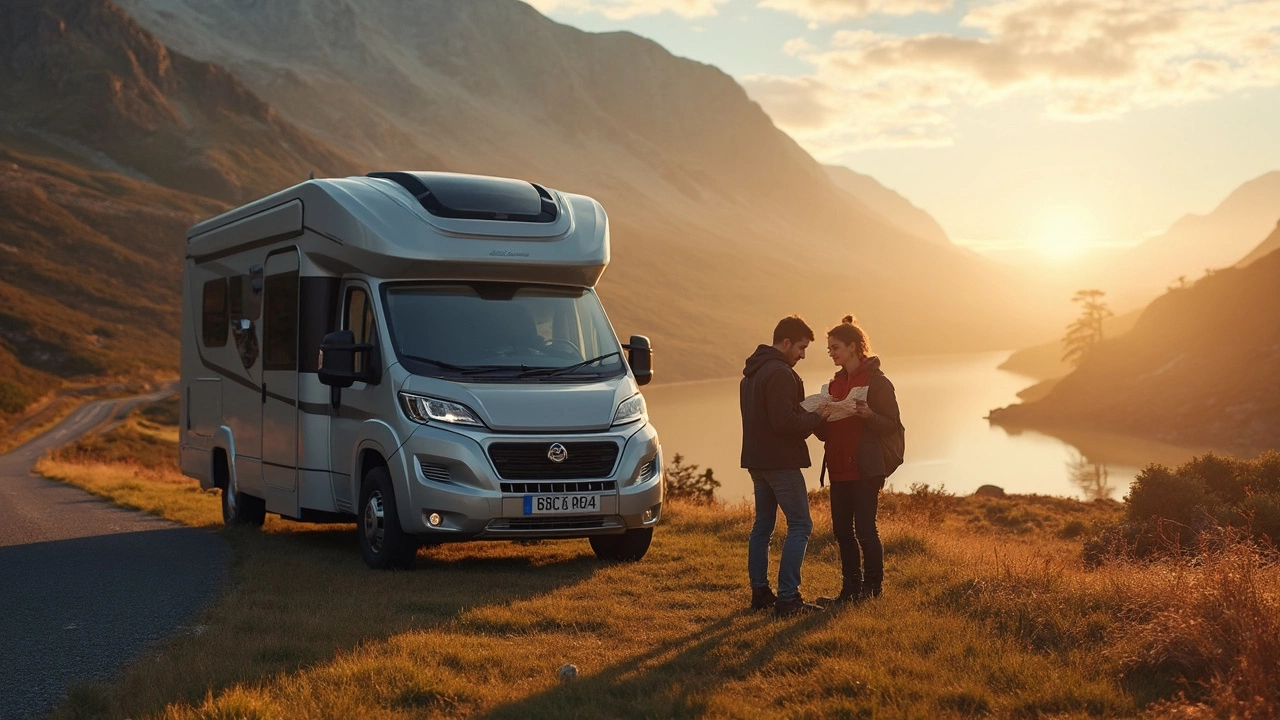RV Cost: Breaking Down the Real Expenses of Motorhome Travel
If you’ve ever imagined hitting the road in a motorhome, the first question that pops up is “how much will it cost?” The short answer? It depends on a bunch of factors, but you can totally plan for it if you know where the money goes.
Buying vs Hiring: Which Saves You Money?
Buying an RV feels like a big ticket – you’re looking at anywhere from £30,000 for a modest campervan to over £150,000 for a luxury Class A motorhome. New models come with the latest tech, but they also lose value fast. A good rule of thumb is to expect a 20‑25% drop in the first year alone.
Hiring keeps the upfront hit low. Daily rates range from £80 to £200 depending on size, season, and extras. If you only need a motorhome a few times a year, hiring can be cheaper than owning, especially when you factor in insurance, road tax, and storage costs that owners pay year‑round.
Everyday Running Costs You Can’t Ignore
Fuel: Motorhomes are heavy, so they sip more fuel than a regular car. Expect 8‑12 mpg on the highway and 5‑8 mpg in towns. At £1.70 per litre, a 500‑mile trip can set you back £150‑£250.
Insurance: Policies start around £300 a year for a basic vehicle, but add-ons like roadside assistance, contents cover, or higher limits can push it past £1,000.
Maintenance: Regular service, tyre checks, and occasional repairs add up. Budget at least £500‑£800 a year, plus a rainy‑day fund for unexpected fixes.
Campsite fees: Most sites charge £20‑£45 per night for a powered pitch. If you stay 10 nights, that’s £200‑£450 right there.
Utilities: Hook‑up electricity, water, and disposal can cost extra, often a few pounds per night. Some sites bundle it into the pitch fee, others charge £5‑£10 per service.
Don’t forget the small stuff – washing, cleaning supplies, and extra gear like awnings or portable toilets. Those items might seem cheap individually, but they add up over time.
To keep your RV budget under control, track each expense in a simple spreadsheet. Compare the total annual cost of owning (purchase depreciation + insurance + maintenance + campsite fees) against the cost of hiring for the same number of trips. Many first‑time owners find that hiring two or three trips a year is far cheaper than owning a motorhome that sits idle most of the year.
Bottom line: the real RV cost isn’t just the sticker price. Fuel, insurance, upkeep, and campsite fees are the hidden drains on your wallet. Knowing them ahead of time lets you plan a road trip that fits your budget, not the other way around.
Is a Class B RV Worth the Money?
Class B RVs are gaining popularity as a compact and versatile travel option, but are they worth the investment? This article dives into the practicality, costs, and benefits of owning or renting a Class B RV. From understanding its features to evaluating your travel needs, get a comprehensive view to make an informed decision. Whether you're a weekend adventurer or a full-time traveler, explore if this convenient motorhome aligns with your lifestyle. Discover insider tips and facts that could influence your journey on the road.
